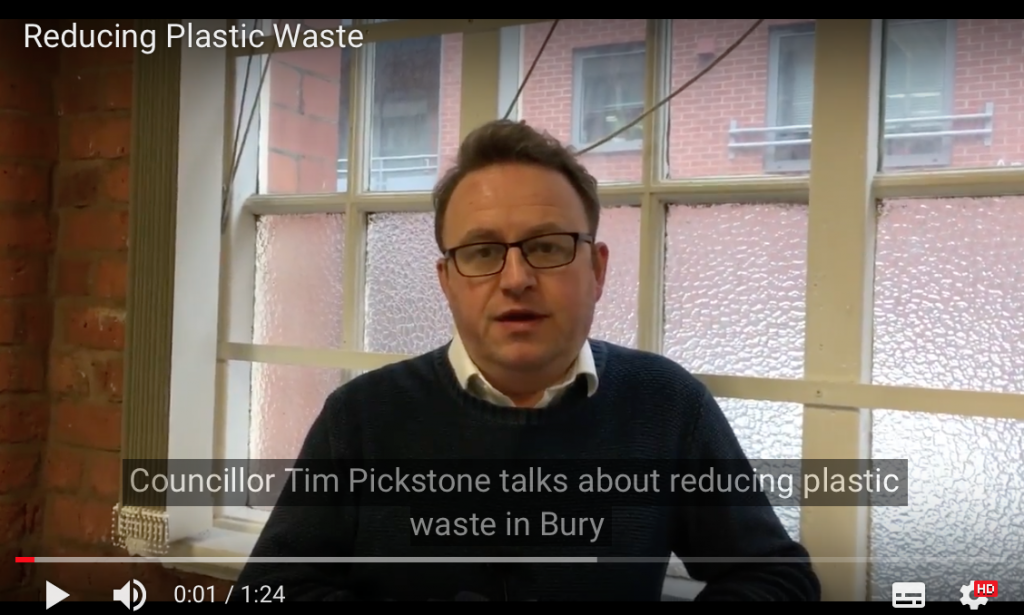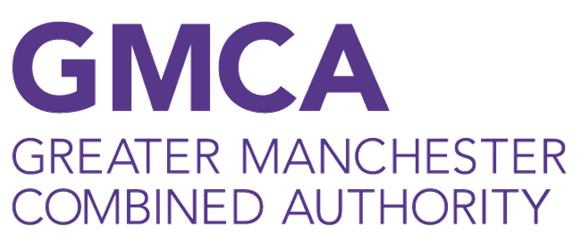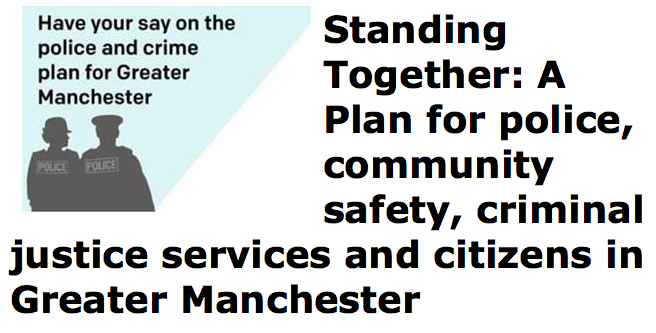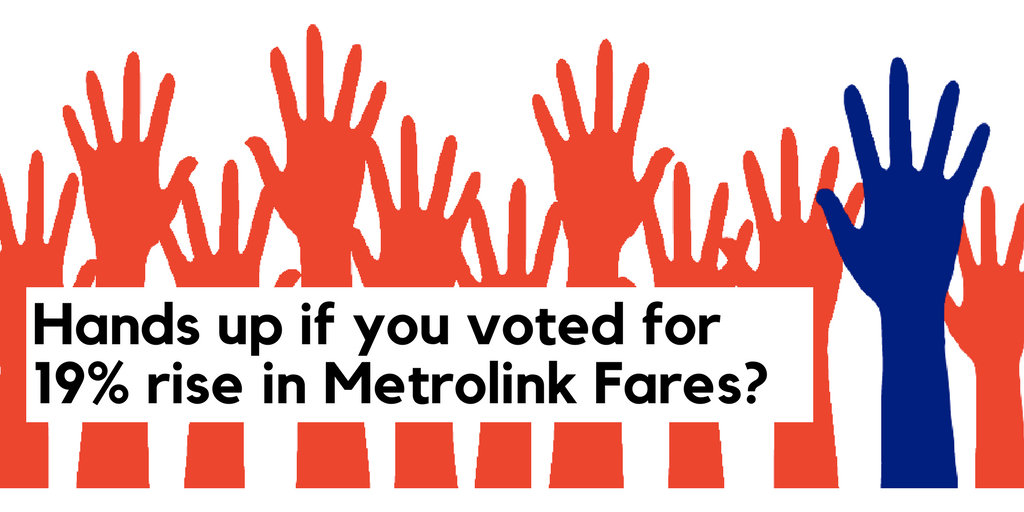Bury Councillors made a commitment for Bury to play its full part in reducing plastic waste, thanks to a move from the team of Lib Dem Councillors .
The Council agreed to look at its own use of us ‘single use plastics’, work with local retailers and crucially to play its part on helping residents reduce plastic waste where they can.
The Liberal Democrat team of Councillors brought a motion on Reducing Plastic Waste to the last Full Council meeting at the Town Hall. Thankfully the motion was supported by other parties and is now the policy of the Council.
Lib Dem Councillor Tim Pickstone said:
“We are using plastic and producing plastic waste at an completely unsustainable level. Not only are we using up a finite resource, but we’re polluting our environment and filing our sees with plastic waste which will be there for 100s of years.
300 million tons of new plastic is made each year, half of which is for single use plastic such as packaging and convenience foods. In many cases, such as plastic straws, takeaway food containers and coffee cups, there are practical alternatives available that are either reusable or sustainable. Estimates have shown that by 2050 there would be more plastic in the seas than fish if we don’t change soon.
“Retailer and government need to do play their part. We’re shown what can be done with a simple change through the ‘plastic bag levy’ which has meant an 85% reduction in single use plastic bags since it was introduced. Now we need to go further. It is almost impossible to go to one of our local supermarkets and not come out with unwanted and unrecyclable plastic packaging.
“Bury Council has a proud record of helping local residents recycle, now we need to go one step further and help residents reduce the amount we use and waste. The Government’s own target of removing non-essential single-use plastic in 25 years is woefully unambitious. Bury can and should do much better”









